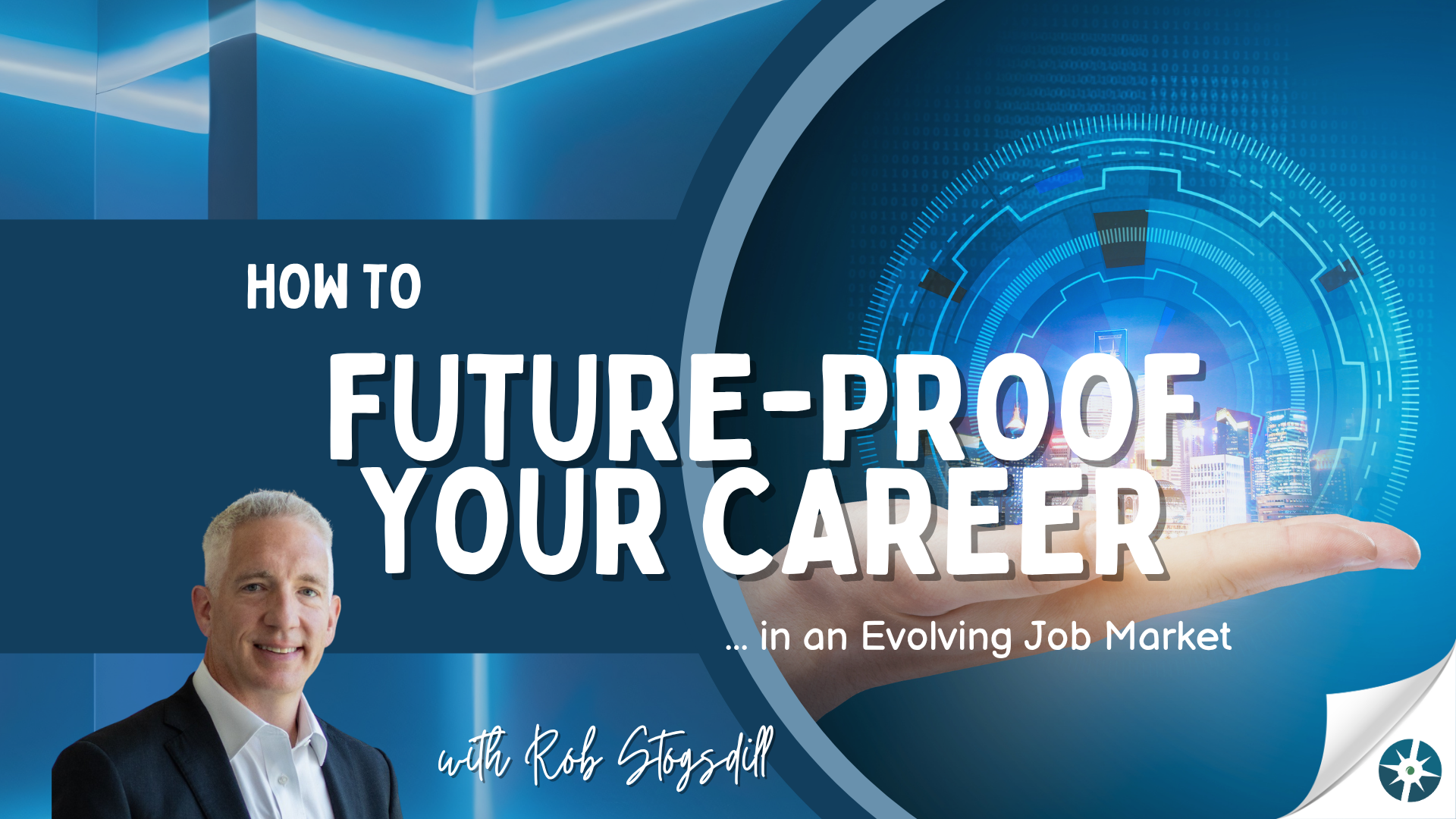We used to think that experience alone would protect us. That if you worked hard, stayed loyal, and kept delivering results, your value would be secure. Many of us were told that decades of hard work, loyalty, and steady results would naturally translate into long-term value. And, for much of the 20th century, that belief held true—stick with the company, master your role, and you’d be rewarded with job security and respect.
But the rules have changed; and in today’s workplace—fast-changing, tech-driven, and relentlessly future-focused—that old formula doesn’t hold up the way it used to.
Today’s workplace is fast-moving, tech-driven, and constantly evolving. Industries are being reshaped by AI and automation. Entire business models are shifting, often with little warning. And careers that once followed a predictable arc now feel uncertain, even unstable. In this landscape, experience is still essential—but it’s no longer enough on its own.
If you're in your 50s (or beyond), you might be feeling this shift acutely. Not because you’ve lost capability—but because the ground around you is moving. And future-proofing your career isn’t about chasing trends. It’s about anchoring yourself in clarity, adaptability, and action.
Staying relevant now takes more than tenure. It demands agility, intentional learning, and the courage to rethink what your next chapter could look like. And for those of us in our 50s or beyond, this shift can feel especially disorienting—not because we lack capability, but because the ground beneath us has moved. The systems, assumptions, and definitions of success we were taught to rely on are being rewritten in real time.
But here’s the good news: future-proofing your career doesn’t mean starting over. It means recalibrating. It’s not about chasing every new trend or trying to compete with the latest generation of hires—it’s about getting clear on what you bring, staying adaptable, and making smart, aligned choices for what comes next.
1. Shift from Stability to Sustainability
Traditional career paths were built on stability: one role leading neatly into the next. But today, career sustainability is what really matters. That means cultivating skills, relationships, and mindsets that can move with you—across roles, industries, or even business models.
Ask yourself: If your job changed tomorrow, would your skills and network carry you forward? What would you need to build or refresh now to make that answer a strong yes?
2. Let Curiosity Lead
In a market shaped by AI, automation, and constant innovation, the most powerful thing you can do is stay curious. Not panicked. Not overwhelmed. Curious.
Whether it’s exploring new tools, asking how your industry is evolving, or revisiting a skill you haven’t touched in years—curiosity keeps you mentally agile and emotionally engaged. It’s what turns uncertainty into opportunity.
As I often say to clients: the people who stay curious are the ones who stay valuable.
3. Strengthen Your Network Before You Need It
Relationships are your greatest professional currency. Not just for job hunting—but for learning, collaborating, and staying visible.
Future-proofing your career means investing in real conversations now. Reach out to former colleagues. Join a professional group. Ask someone in a different department what challenges they’re seeing. Stay connected—not to promote yourself, but to stay part of the ecosystem.
4. Build a Career Portfolio, Not Just a Job Title
More and more professionals are future-proofing by building what I call a “career portfolio”—a blend of roles, skills, and experiences that provide flexibility and fulfillment. That might include consulting, teaching, writing, board service, or mentoring.
This approach gives you options. It diversifies your value. And it reminds you that your worth isn’t tied to any single role.
5. Redefine What Growth Looks Like
Growth in your 50s doesn’t always mean upward. Sometimes it means deeper, broader, or more aligned.
That might look like:
Taking on strategic projects instead of more hours.
Stepping into a mentorship role that allows others to shine.
Reshaping your career around what matters to you now—not what you thought you wanted twenty years ago.
Success evolves. And it should. The key is to stay in active conversation with what growth looks like for you now.
A Final Word from Rob
“Future-proofing isn’t about chasing every shiny object or trying to keep up with younger colleagues. It’s about grounding yourself in who you are, staying open to what’s next, and taking smart steps—one at a time—to shape the kind of career that works for the future you want.”
If you’re ready to talk through how to stay visible, valued, and aligned with what matters most, let’s start a conversation. The world is changing—but you don’t have to navigate it alone.
Set up some time with me here - I'd love to hear from you!
—Rob
